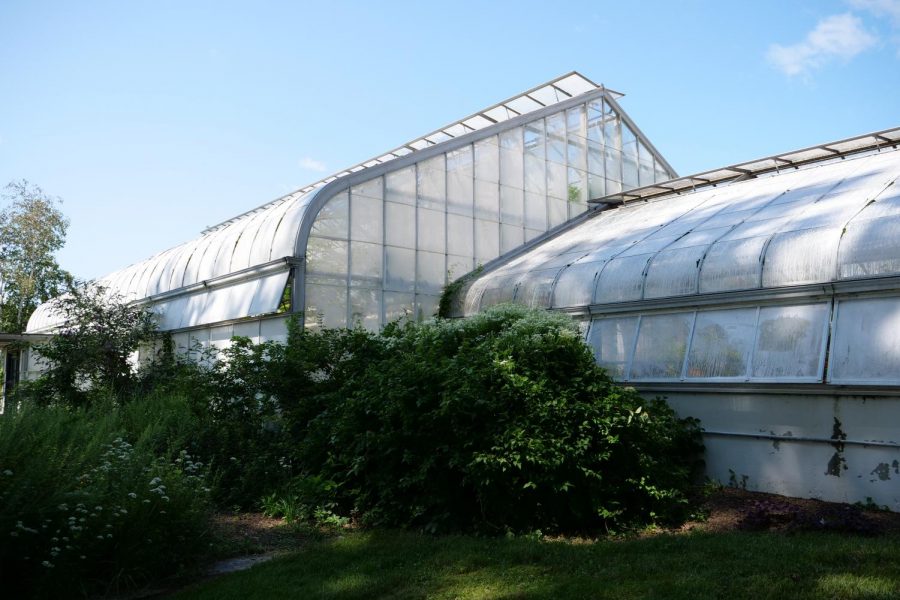In life, sometimes it’s important to stop and smell the roses — we never truly know how good we have it until it’s gone. This especially applies to the situation we all find ourselves in currently. Ninety-seven percent of the University of Massachusetts campus is fully vaccinated against COVID-19. The most restrictive of last semester’s public health guidelines have slowly but surely faded away, and we have returned to the days of full residence halls, dining commons and classrooms. It’s not certain yet, but it feels as though the days of COVID looming over our heads are finally over. Compared to last semester, time is flying by. It feels much less like two months and more like two weeks. Is there a reason for this? Does a stressful environment contribute to the feeling of time slowing down?
As it turns out, stress — and specifically stress related to the pandemic — can make our perception of time slow down. People with mental health conditions like depression often report of their days dragging by, similar to others who have little-to-no social interaction on a daily basis; this was definitely true for most of us throughout the pandemic, including last semester. Not only were we faced with social isolation due to COVID restrictions, but we also had the constant threat of COVID-19 cases rising enough to send the campus home midway through the semester. Each time the operational posture moved a level higher, it induced more stress and anxiety for everyone.
Not only that, but with each twice-weekly required COVID test, many of us experienced anxiety for fear of a positive test result. Being contact traced due to a positive test from someone you live with or ate with was another source of stress. If you tested positive for COVID-19, you had to quickly pack up your belongings and head over to quarantine housing for, in most cases, ten days or more. Studies show that quarantine of any duration can have negative psychological effects, including post-traumatic stress disorder and anger. In the study, stressors included long quarantine periods, boredom and infection fears, among others.
Contrast that stressful environment with where we are now. Let’s take the environment at Berkshire Dining Commons this past Friday, for example. UMass Dining continued its tradition of serving steak and lobster on Halloween weekend; it was busy, but fun and inviting. Everyone was enjoying themselves and their specialty meals without a concern of COVID-19. It truly felt like life was back to normal. Going to in-person classes every day, eating with friends at the dining halls and going to hockey and football games has made the semester fly by.
It’s important not to take our current situation for granted. On the hopeful tail-end of this pandemic, the social fervor on campus has never been greater. Despite this, it surely will not last forever. We know from our past experiences with the pandemic that any aspect of our lives could change in an instant. We have to cherish this moment: the freedom of college combined with the return to normalcy after a pandemic create a moment that we will not forget for the rest of our lives. If we aren’t careful, however, the moment will fly by before we even have a chance to think about how much fun we’re having. Let’s appreciate the position we are in right now and hope it continues in the future.
Luke Halpern can be reached at [email protected] and followed on Twitter @lukehalpern.




















